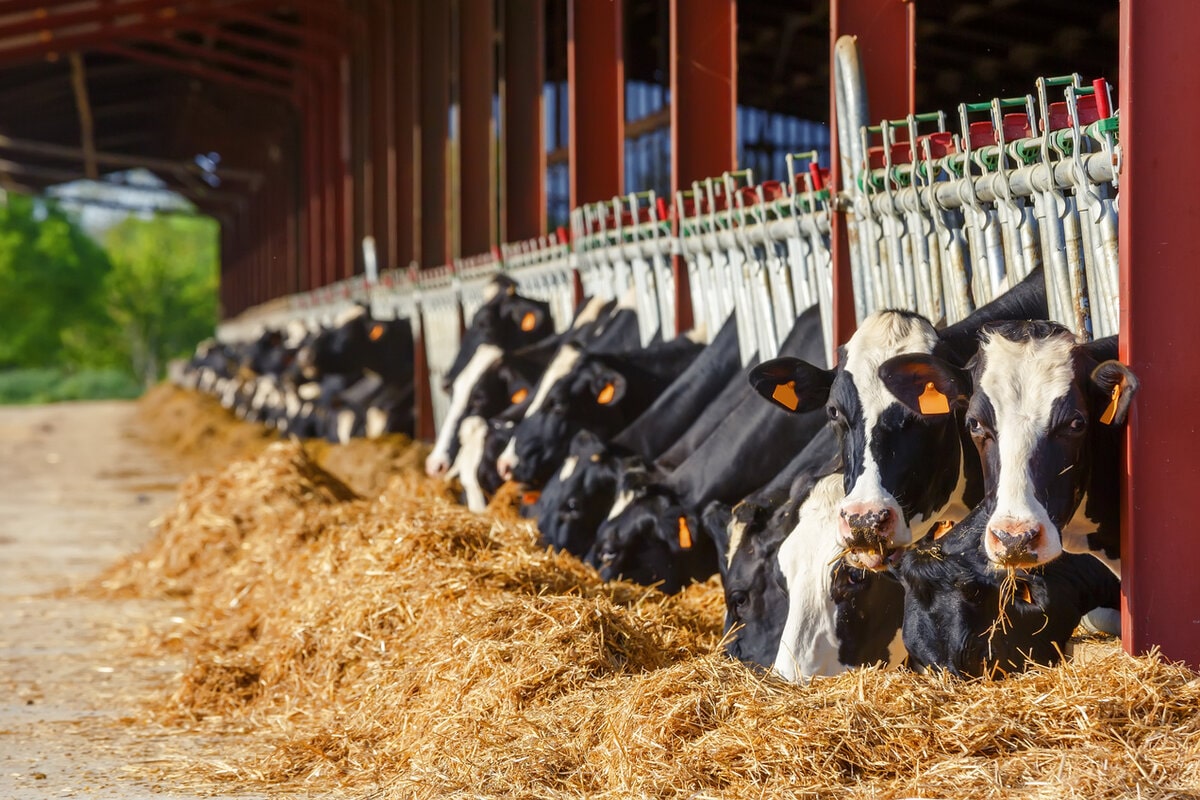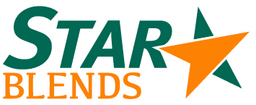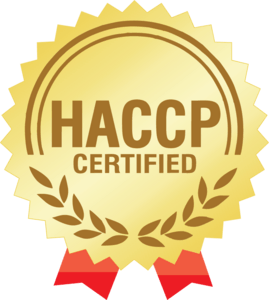Cows are complex creatures with unique dietary needs, and providing them with the proper nutrition is crucial for their overall health and productivity. Understanding what’s in cattle feed — and why — is not just a matter of curiosity. It also plays an essential role in making sure your herd’s health is the best it can be so they can produce the best milk or beef.
Learn all about the key ingredients of cattle feed and their role in supporting your herd’s growth, reproduction, and well-being.
Forage
Remember the human food pyramid you saw in school with grains making up the large bottom section? Well, if cattle were to have a similar food pyramid, forages would make up the largest group.
Forages include high-fiber feedstuffs like grass, hay, grain hulls, silage, legumes, alfalfa, and clover. Forage plays an important role by providing bulk, encouraging healthy digestion, and supplying essential nutrients like fiber, carbs, protein, and fats.
If you have your cows on pasture, it’s important to remember that grass can change nutritionally throughout the year. You need to make sure you are supplementing it correctly during different seasons (especially spring) to avoid diseases like grass tetany.
Concentrates
Concentrates are one of the most important cattle feed ingredients. Forage does include some essential nutrients, but grass won’t be enough to keep your cattle happy, healthy, and producing well. While forage ingredients should be high in fiber, concentrates are low in fiber. But they can be considered a concentrated source of energy and protein.
Grains like corn, oats, barley, wheat, and rye are often used as concentrates in cattle feed. By-products like brewery and distillery grains, peanut hulls, and bakery waste can also be added as concentrates to your feed formula.
Protein Sources
Protein is crucial to any cow’s diet. Cattle depend on protein for growth, maintenance, and reproduction. If your cattle aren’t getting enough, you’ll notice it in their growth.
For dairy cows, crude protein should make up anywhere from 12–18% of a feed’s dry matter (feed minus the moisture content), depending on the lactation stage. Concentrates with high protein content include soybean meal, cottonseed meal, and sunflower meal.
While concentrates provide valuable nutrition, they should be added thoughtfully depending on your cattle’s nutritional needs. You want to ensure you give your cattle a balanced diet that promotes productivity and health. Working with professional nutritionists and a custom feed manufacturer like Star Blends can help you strike the right balance between quality forage and protein-rich concentrates.
Vitamins and Minerals
The best food for cows will always have the right minerals and vitamins, which are essential for promoting growth and health. The key minerals and vitamins your cattle need include:
- Salt
- Calcium
- Magnesium
- Phosphorous
- Potassium
- Vitamins A, D, and E
Vitamin and mineral mixes are often added to cattle feed. If you purchase a complete feed, it should already have the right minerals and vitamins included. However, if you are creating your own feed or purchasing one that isn’t complete, you can add a cattle feed premix to ensure your herd receives the right minerals, vitamins, and other supplements.
Keep in mind that forage quality, milk production level, and body condition can affect the mineral requirements of your cattle. It’s best to consult a professional to make sure you’re including the proper amounts in your feed.
Water
Just like all mammals, cows need water — and lots of it. Not only does water help keep your cattle hydrated, but it is also important for facilitating digestion, regulating body temperature, supporting milk production, helping with nutrient absorption, and maintaining general health. Cows should consume about 25 gallons of water per day, or 3 to 5 pounds per pound of dry matter eaten.
Trust the Experts at Star Blends for Your Cattle Feed
Don’t compromise on your cattle’s nutrition. Partner with Star Blends and experience the transformative impact of custom feeds. Our team will work with your nutritionist, and we will help manufacture unique, personalized feed mixes that address your herd’s specific needs. Contact us today about a custom feed mix for your cattle.



